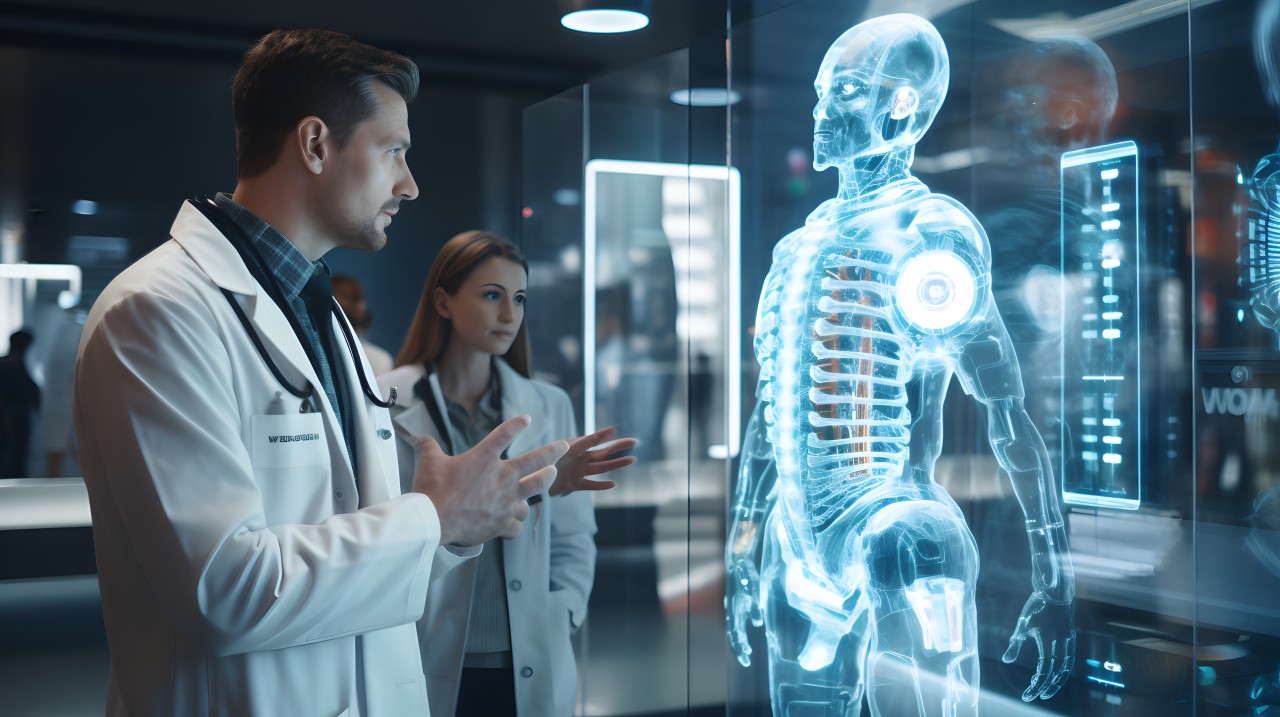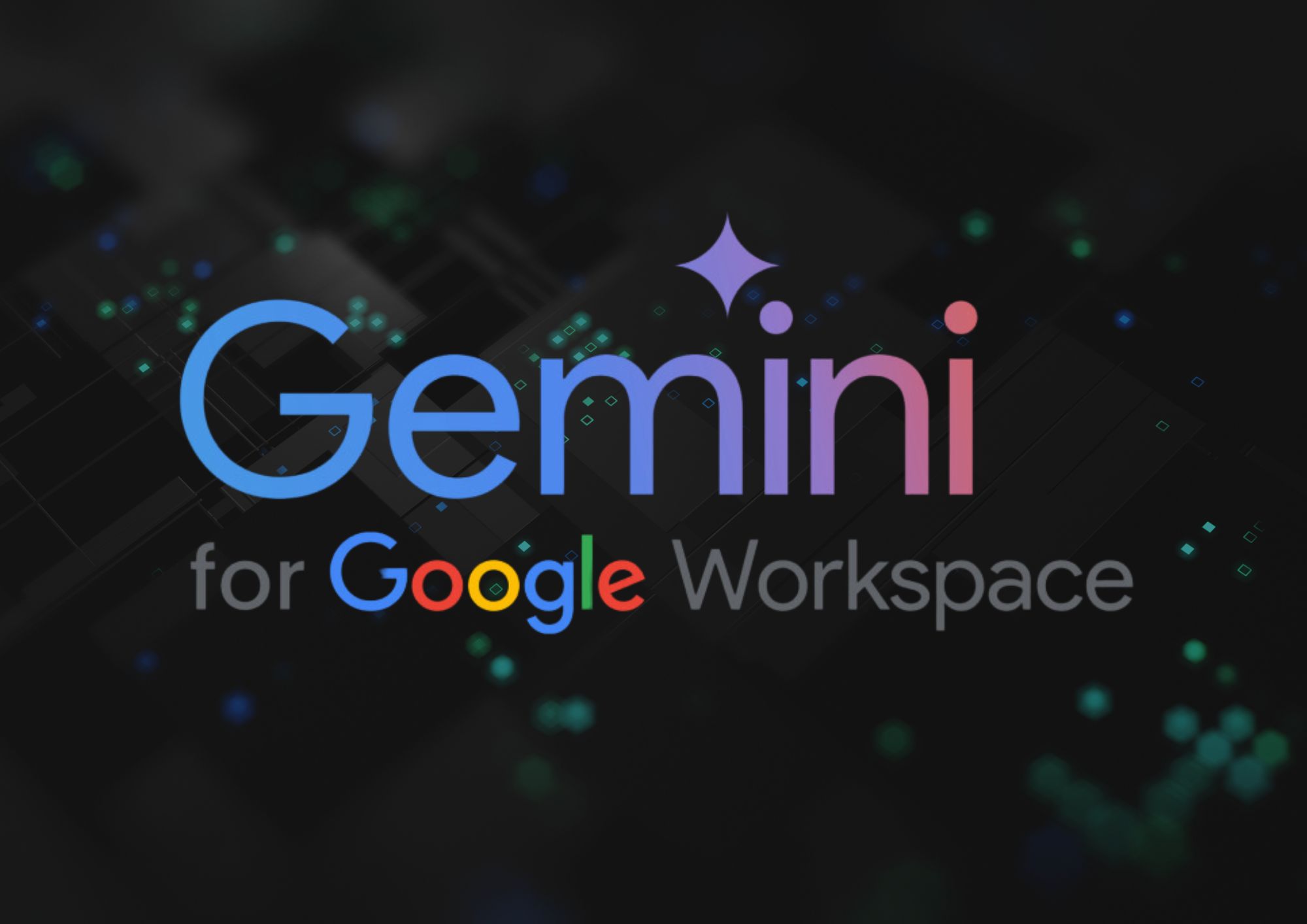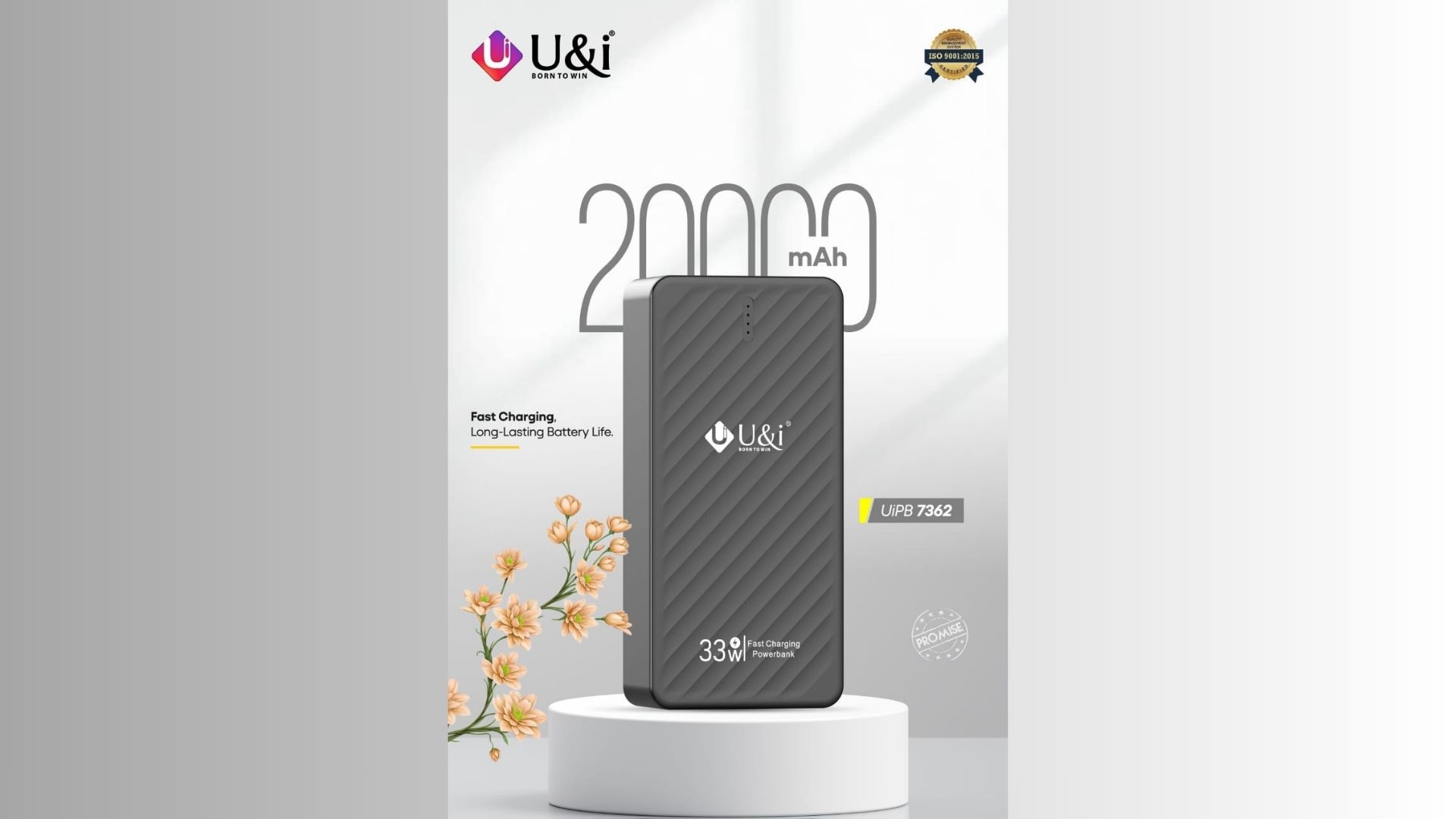The healthcare sector continues its rapid evolution, with artificial intelligence emerging as a central force driving progress. This week, at a prominent event known as “The Check Up,” experts and researchers convened to share the latest breakthroughs in health AI. The discussions highlighted six key updates that signal a significant shift in how medical professionals diagnose, treat, and manage patient well-being. These advancements promise more personalized, precise, and accessible healthcare for individuals across the globe.
One of the most talked-about updates at The Check Up focused on AI-powered early cancer detection. Traditional screening methods, while effective, can sometimes miss early-stage cancers or lead to false positives, causing unnecessary anxiety and further testing. Several research teams presented data on AI algorithms trained on vast datasets of medical images, such as mammograms, CT scans, and MRIs. These algorithms demonstrate a remarkable ability to identify subtle anomalies that might be missed by the human eye. For example, a study presented at the event showcased an AI system that improved the detection rate of early-stage lung cancer by nearly 15% compared to standard radiological review. This technology holds the potential to significantly improve survival rates by enabling earlier intervention. The developers emphasized that these AI tools are not intended to replace human radiologists but rather to act as an intelligent assistant, providing a second opinion and drawing attention to potentially cancerous areas.
Another significant update revolved around AI for personalized medicine. The understanding that each patient responds differently to treatments is fundamental to modern healthcare. AI is now making strides in tailoring treatments based on an individual’s unique genetic makeup, lifestyle, and medical history. At The Check Up, researchers detailed the progress in using AI to analyze complex genomic data to predict a patient’s response to specific drugs. This can help doctors prescribe the most effective treatment from the outset, avoiding the trial-and-error approach that can be time-consuming and potentially harmful. One compelling example discussed was an AI system that predicts the optimal dosage of blood thinners for patients with atrial fibrillation, significantly reducing the risk of bleeding or stroke. This level of personalization promises to enhance treatment outcomes and minimize adverse effects.
The event also shed light on the growing role of AI in accelerating drug discovery. The traditional process of developing new drugs is lengthy, expensive, and often fraught with failure. AI is now being employed to streamline this process at various stages. Researchers at The Check Up presented advancements in using AI to identify potential drug candidates by analyzing vast databases of biological and chemical compounds. These AI models can predict how different molecules will interact with the human body, significantly narrowing down the pool of potential drugs that need to be tested in the lab. This approach can drastically reduce the time and cost associated with drug discovery, potentially leading to faster development of treatments for diseases that currently lack effective therapies. One presentation highlighted an AI system that helped identify a promising new molecule for treating a specific type of antibiotic-resistant bacteria, a growing global health concern.
AI in medical imaging analysis emerged as another key area of progress discussed at The Check Up. Beyond cancer detection, AI is proving invaluable in analyzing a wide range of medical images to diagnose various conditions. Experts showcased AI algorithms that can automatically quantify the severity of osteoarthritis from X-rays, detect signs of diabetic retinopathy from retinal scans, and even identify subtle indicators of neurological disorders from brain imaging. These tools can assist clinicians in making faster and more accurate diagnoses, particularly in areas where access to specialized expertise might be limited. A demonstration at the event showed an AI system accurately identifying fractures in pediatric X-rays with a level of accuracy comparable to experienced pediatric radiologists, suggesting its potential to improve diagnostic capabilities in emergency settings.
The Check Up also highlighted the increasing use of AI in mental health support. With the growing recognition of the importance of mental well-being, AI-powered tools are emerging to provide accessible and scalable support. Researchers presented advancements in AI chatbots that can offer initial mental health assessments, provide coping strategies, and connect individuals with appropriate resources. While these tools are not intended to replace human therapists, they can play a crucial role in destigmatizing mental health and providing support to individuals who might not otherwise seek help. One presentation focused on an AI-powered platform that analyzes speech patterns and language used in text messages to identify individuals at risk of depression or anxiety, enabling proactive outreach and support.
Finally, the discussions at The Check Up touched upon the advancements in AI-assisted robotic surgery. While robotic surgery has been around for some time, the integration of AI is taking it to a new level of precision and autonomy. Surgeons are now using AI-powered systems that provide real-time feedback, guide surgical instruments with greater accuracy, and even predict potential complications during a procedure. This technology can lead to less invasive surgeries, faster recovery times, and improved patient outcomes. One presentation showcased an AI-driven robotic system that can perform complex eye surgeries with micron-level precision, potentially revolutionizing the treatment of various vision-threatening conditions.
The six health AI updates shared at The Check Up underscore the profound impact that artificial intelligence is having on the healthcare sector. These advancements promise to transform the way we prevent, diagnose, and treat diseases, ultimately leading to healthier and longer lives. While challenges related to data privacy, algorithmic bias, and regulatory frameworks remain, the potential benefits of AI in healthcare are undeniable. The discussions at The Check Up left attendees with a sense of optimism about the future of medicine, where AI works hand-in-hand with healthcare professionals to deliver better care for all.



















